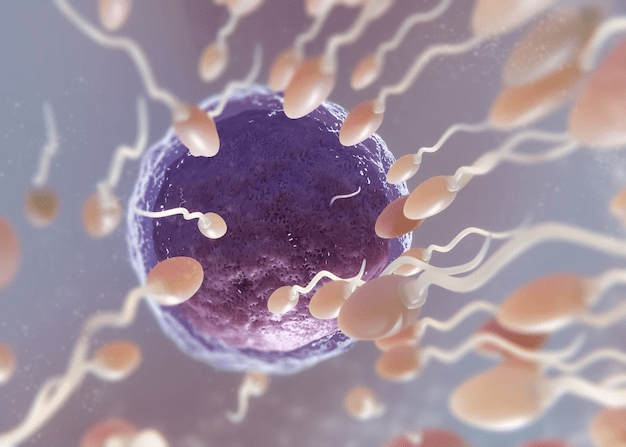
Zero Sperm Count After Vasectomy Reversal: Causes, Diagnosis & Solutions
Zero sperm count after vasectomy reversal is a common concern for men trying to regain fertility after having a vasectomy. While many men regain sperm

Sperm health plays a crucial role in male fertility. Many men undergoing fertility evaluations wonder: “How much dead sperm is normal?” The presence of dead sperm, also known as necrospermia, can affect conception chances, making it essential to understand its causes and solutions.
In this article, we’ll explore sperm viability, the factors leading to dead sperm, its impact on fertility, and natural ways to improve sperm health.
Sperm viability refers to the percentage of live sperm in a semen sample. A healthy semen analysis should show at least 58% viable (live) sperm, according to the World Health Organization (WHO) guidelines. This means up to 40% dead sperm is considered normal. However, if more than 42% of sperm are non-viable, it may indicate a condition known as necrospermia, which could affect fertility.
Several factors can contribute to an increased number of dead sperm in semen:
Certain infections, including urinary tract infections (UTIs), prostatitis, and sexually transmitted diseases (STDs) such as chlamydia or gonorrhea, can damage sperm and reduce viability.
Sperm production occurs best at temperatures lower than body temperature. Frequent exposure to heat sources such as hot tubs, saunas, tight underwear, or prolonged laptop use on the lap can reduce sperm viability.
Unhealthy lifestyle choices, including smoking, alcohol consumption, poor diet, and environmental toxins, increase oxidative stress, leading to DNA damage and higher sperm mortality.
Low testosterone levels or an imbalance in hormones such as FSH (Follicle-Stimulating Hormone), LH (Luteinizing Hormone), and prolactin can lead to poor sperm health.
Extended periods without ejaculation can lead to a higher percentage of non-motile and dead sperm in the semen sample.
If a semen sample is stored improperly or analyzed too late, sperm may die before evaluation, affecting test results.
Having a high percentage of dead sperm can impact fertility in several ways:
If semen analysis shows a high percentage of dead sperm, certain lifestyle changes and medical treatments may help improve sperm health.
A diet rich in antioxidants, vitamins, and essential minerals can improve sperm viability and reduce oxidative stress.
Dehydration leads to thicker semen, which can affect sperm movement and viability. Aim for 8–10 glasses of water daily.
Moderate physical activity maintains healthy testosterone levels and improves blood circulation, benefiting sperm production. Avoid excessive exercise, as it can increase oxidative stress.
Chronic stress elevates cortisol levels, which negatively impacts sperm production. Stress-relief techniques like meditation, yoga, and deep breathing can help maintain sperm health.
Tobacco and alcohol consumption negatively affect sperm viability. Quitting smoking and reducing alcohol intake can improve overall fertility.
Certain vitamins and supplements support sperm health:
Frequent ejaculation (every 2–3 days) prevents sperm from becoming stagnant, reducing the percentage of dead sperm in semen.
If infections, varicocele, or hormonal imbalances are causing high sperm mortality, a doctor may recommend antibiotics, hormone therapy, or surgical interventions.
If you’ve been trying to conceive for more than 12 months without success, a fertility specialist can assess sperm health through advanced testing.
So, how much dead sperm is normal? A sperm viability rate of 60% or higher is considered healthy, while anything below 50% may indicate an issue. High levels of dead sperm can result from infections, poor lifestyle choices, heat exposure, or medical conditions.
By making lifestyle changes, eating a balanced diet, staying active, and avoiding harmful habits, men can improve sperm health and increase their chances of conception. If fertility issues persist, seeking medical guidance is crucial for diagnosis and treatment.

Zero sperm count after vasectomy reversal is a common concern for men trying to regain fertility after having a vasectomy. While many men regain sperm

Introduction Is Prolistem effective for azoospermia? This question is vital for many men struggling with infertility due to azoospermia — a condition characterized by the
Prolistem, a patented formula, has not been evaluated by the Food and Drug Administration. This product is not intended to diagnose, treat, cure, or prevent any disease.
PROLISTEM® is a Patented Formula
Copyright © 2025 Prolistem®